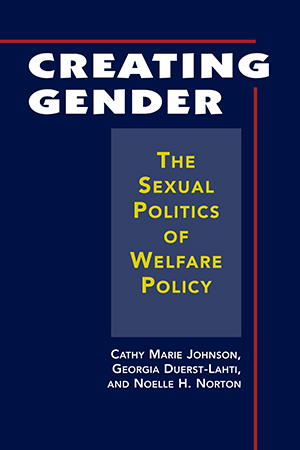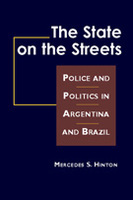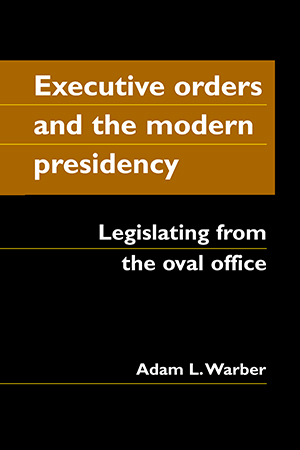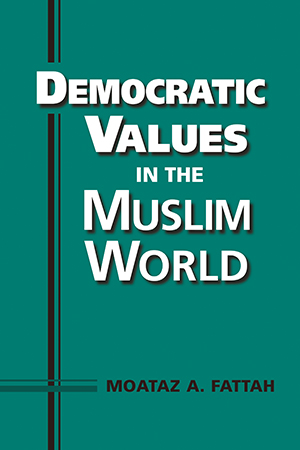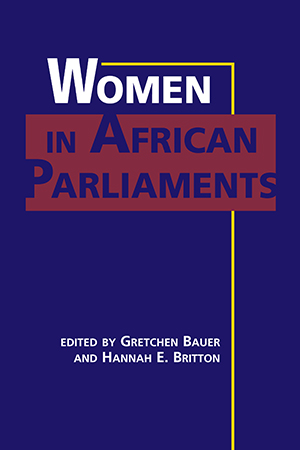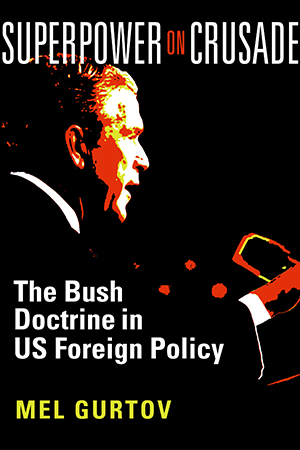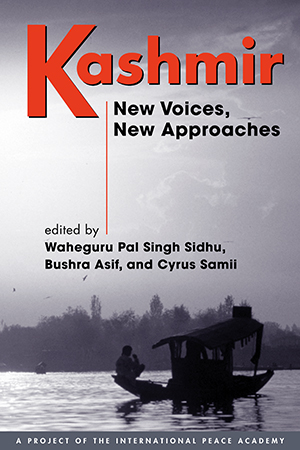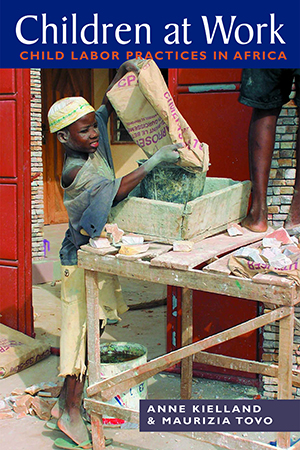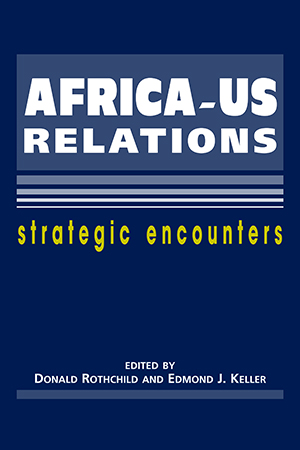BOOKS
Seldom do we notice, let alone explicitly acknowledge, that public policies set distinct parameters for gender. But as Creating Gender compellingly demonstrates, in reality governments do More >
The experiences and voices of multiracial individuals are challenging current categories of race, profoundly altering the meaning of racial identity and in the process changing the cultural More >
Winner of the British Society of Criminology's Best Book Award! How Latin American governments will respond to popular outcry against unprecedented levels of both corruption and crime More >
Desegregating the military. The internment of Japanese Americans. Limiting stem-cell research. Each of these actions has been accomplished by way of executive order—bypassing the More >
Is Islam compatible with democracy? Despite the seemingly endless debate on this issue, Moataz Fattah's study is a rare investigation of actual Muslim beliefs about democracy across More >
Working together across religious, ethnic, and class divisions, African women are helping to formulate legislation and foster democracies more inclusive of womens' interests. Women in More >
With its emphasis on unilateralism, preemptive attack, and regime change, US foreign policy under George W. Bush continued the longstanding US quest for primacy—but with some radical More >
Uniquely representing all sides in the conflict over Kashmir, this innovative new book provides a forum for discussion not only of existing proposals for ending the conflict, but also of More >
In this accessible treatment of child labor in Africa, straightforward prose is enriched throughout with photographs that give a human face to the issues involved. The authors draw on More >
Reflecting the debate between state-centered and human-security approaches to security strategy, Africa-US Relations explores the interactions between the US and African countries in a wide More >



